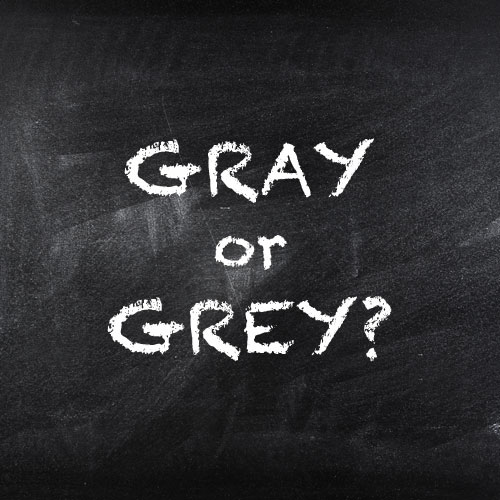
Here at Language Link, we believe that language matters and in our opinion, language matters now more than ever. So if you have a quick moment to spare, then please lend us your ear…..
If you don’t mind, I really need to have a quick word with you about a word. This word is on everyone’s lips at the moment but it is often misunderstood all the same. This word makes and divides opinion in equal measure. This word can help us to understand the world in which we live but it can also lead us into a world of confusion and bewilderment. It seems to be just another word, like any other, but it is becoming more relevant and timely with each and every passing day. The word of which I speak is of course the word ‘doublespeak’.
We are all by now familiar with the idea behind the word because we encounter instances of doublespeak every single day. On the television. On the radio. On the internet. In the newspapers. Even in our conversations with friends and loved ones. Indeed, any time a person deliberately obscures, disguises or reverses the accepted meaning of a word, it is doublespeak, pure and simple.
It should come as no surprise that politicians are especially adept at the art of doublespeak. Throughout history, politicians of every political hue have wilfully manipulated the meanings of particular words to suit their own – oftentimes nefarious – political agendas and they continue to do so to this very day. Extreme vetting measures, anyone? *ahem*
However, while it is only natural for us to suspect the true motivations behind political doublespeak, we ought not to fall into the trap of presuming that the meanings of words and phrases can or should remain the same for all time. That is simply not how language works. Languages are rather pastiches of historical meaning and words are now, and always have been, as mutable and changeable as the people who use and abuse them. For example, the word ‘awful’ originally referred to anything which was ‘worthy of awe’ but the word is now used to describe things which are deemed to be dreadful or terrible. In the 16th century, the word ‘bully’ was synonymous with ‘darling’ or ‘sweetheart’ but now the word is exclusively used to describe people who intimidate or otherwise terrorise the weak. And so on, and so on.
Of course, most people acknowledge and accept that the meanings of words invariably change over time but they still bemoan the practice of doublespeak on the grounds that it consists in the intentional, ‘spontaneous’ manipulation of meaning in the here and now. Doublespeak, they argue, is little more than an opportunistic, self-interested deception effected by those in power to secure some immediate political and / or financial gain and it is an inherently blameworthy and boo-hissable ideological practice, which ought to be resisted as a matter of course and principle, etc., etc.
However, before we all take to the streets to express our indignation at the wholesale bastardisation of our lovely little language, we would do well to remember that the practice of doublespeak also serves a myriad of noble, essential social goods. In fact, the bonds of friendship, love and diplomacy, which we all hold dear, are themselves sustained by the intentional obfuscations and linguistic dexterities of doublespeak. The euphemisms we employ to save the blushes of our parents. The little white lies we tell loved ones to save them from the unpleasant truth. The noble lies we use to provide our kith and kin with a more palatable version of the truth. In all of these various situations, we are assuredly guilty of doublespeak but we forgive ourselves because we know that our purpose is to unite and not divide. Therefore, we should not throw the baby out with the bathwater. While we ought to challenge the divisive mystifications of the powerful, we should not render language dull and lifeless in the process and we should continue to play with language, provided that we do so with an open heart and mind.
Thanks for lending me your ear, my friends.
Yours faithfully,
Mr. Word Smith



